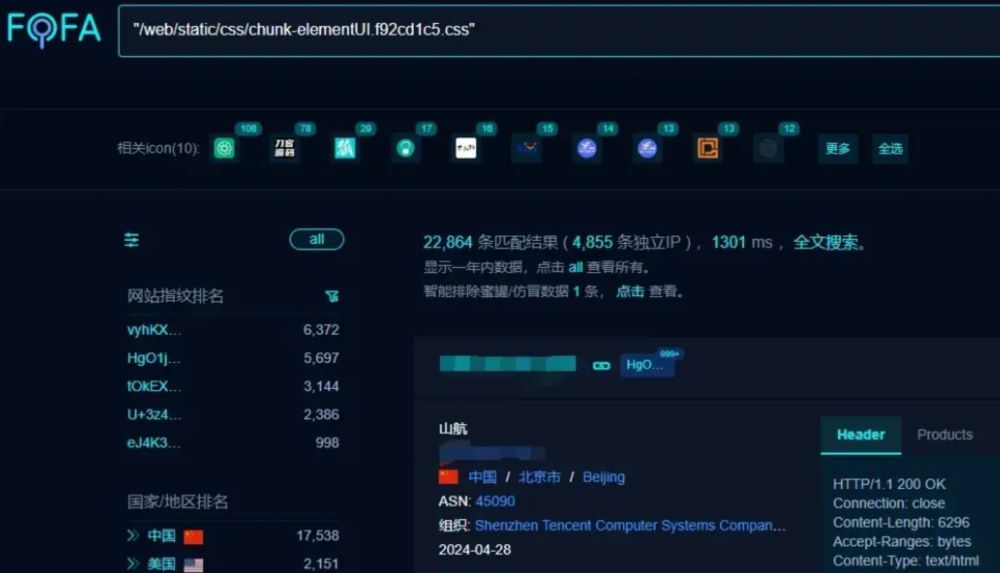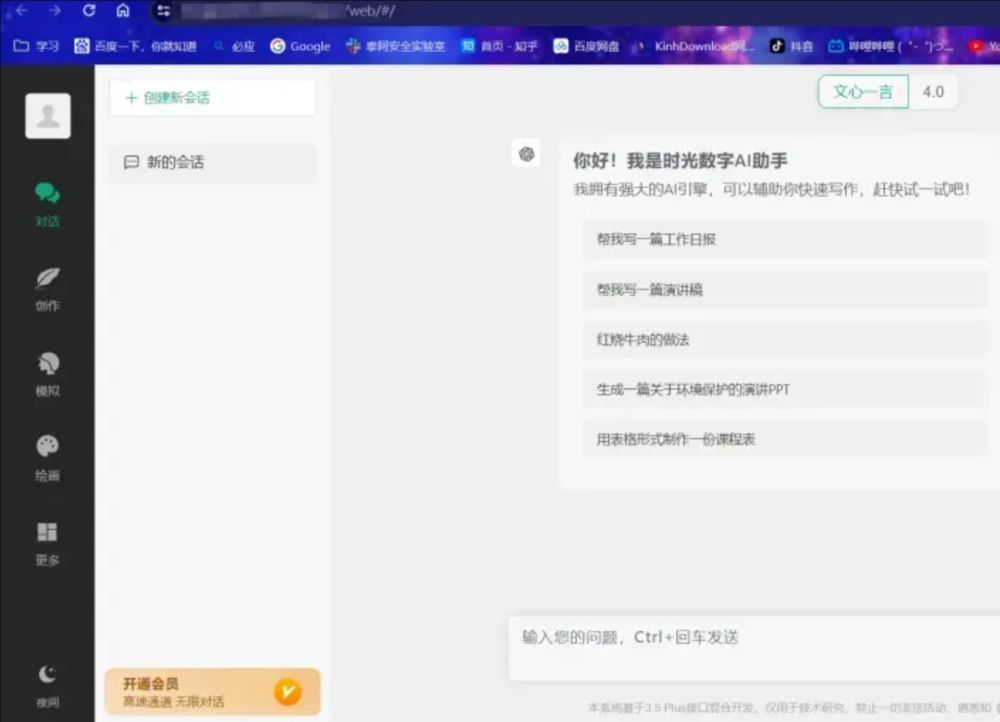2024-08-03:用go语言,给定一个从 0 开始的字符串数组 `words`, 我们定义一个名为 `isPrefixAndSuffix` 的布尔函数,该函数接受两个字符串参数 `str1` 和
2024-08-03:用go语言,给定一个从 0 开始的字符串数组 words,
我们定义一个名为 isPrefixAndSuffix 的布尔函数,该函数接受两个字符串参数 str1 和 str2。
当 str1 同时是 str2 的前缀和后缀时,函数返回 true;否则返回 false。
例如,isPrefixAndSuffix("aba", "ababa") 返回 true,
因为 "aba" 既是 "ababa" 的前缀也是后缀,而 isPrefixAndSuffix("abc", "abcd") 返回 false。
我们的目标是以整数形式返回符合条件的下标对 (i, j) 的数量,
其中满足 i < j 且 isPrefixAndSuffix(words[i], words[j]) 为 true。
输入:words = ["a","aba","ababa","aa"]。
输出:4。
解释:在本示例中,计数的下标对包括:
i = 0 且 j = 1 ,因为 isPrefixAndSuffix("a", "aba") 为 true 。
i = 0 且 j = 2 ,因为 isPrefixAndSuffix("a", "ababa") 为 true 。
i = 0 且 j = 3 ,因为 isPrefixAndSuffix("a", "aa") 为 true 。
i = 1 且 j = 2 ,因为 isPrefixAndSuffix("aba", "ababa") 为 true 。
因此,答案是 4 。
答案2024-08-03:
题目来自leetcode3045。
大体步骤如下:
1 定义函数 isPrefixAndSuffix(str1, str2):实现一个函数,判断 str1 是否是 str2 的前缀和后缀。
-
检查
str1的长度是否大于str2的长度。如果是,直接返回false。 -
确定
str2的前缀是否与str1相同。 -
确定
str2的后缀是否与str1相同。 -
如果上述两个条件都满足,返回
true;否则返回false。
2.遍历字符串数组 words:
- 使用两个嵌套循环,外层循环设定为
i,从 0 遍历到len(words)-1,内层循环设定为j,从i+1遍历到len(words)-1。这样可以确保i < j。
3.调用 isPrefixAndSuffix 函数:在每对 (i, j) 中,调用 isPrefixAndSuffix(words[i], words[j])。
- 如果函数返回
true,则计数器增加 1。
4.返回计数器的值:最终,返回计数器的值,即为符合条件的下标对数量。
总时间复杂度
-
外层循环走
n次,内层循环从i+1到n,最坏情况下为O(n)。 -
对于每一对
(i, j),调用isPrefixAndSuffix需要在O(m)时间内进行字符串的比较,其中m是前缀或后缀的长度。 -
因此,总的时间复杂度为
O(n^2 * m),其中m是字符串的最长长度。
总额外空间复杂度
- 本算法使用少量的额外空间来存储计数器和函数的一些局部变量,因此额外空间复杂度为
O(1)。 - 函数内部的字符串比较不需要额外的存储,仅使用常量空间来存储临时变量,主存储体在输入
words中。
综上所述,时间复杂度为 O(n^2 * m),额外空间复杂度为 O(1)。
Go完整代码如下:
在package main
import (
"fmt"
)
func countPrefixSuffixPairs(words []string) (ans int64) {
type pair struct{ x, y byte }
type node struct {
son map[pair]*node
cnt int
}
root := &node{son: map[pair]*node{}}
for _, s := range words {
cur := root
for i := range s {
p := pair{s[i], s[len(s)-1-i]}
if cur.son[p] == nil {
cur.son[p] = &node{son: map[pair]*node{}}
}
cur = cur.son[p]
ans += int64(cur.cnt)
}
cur.cnt++
}
return
}
func main() {
words:=[]string{"a","aba","ababa","aa"}
fmt.Println(countPrefixSuffixPairs(words))
}

Python完整代码如下:
# -*-coding:utf-8-*-
class TrieNode:
def __init__(self):
self.children = {}
self.count = 0
def count_prefix_suffix_pairs(words):
root = TrieNode()
ans = 0
for s in words:
current = root
length = len(s)
for i in range(length):
p = (s[i], s[length - 1 - i]) # 使用元组表示前缀和后缀字符对
if p not in current.children:
current.children[p] = TrieNode()
current = current.children[p]
ans += current.count # 统计满足条件的对数
current.count += 1 # 更新当前节点的计数
return ans
if __name__ == "__main__":
words = ["a", "aba", "ababa", "aa"]
print(count_prefix_suffix_pairs(words))









![[rCore学习笔记 021]多道程序与分时任务](/image.php?url=https://img2024.cnblogs.com/blog/3071041/202408/3071041-20240804001043832-235191711.png)
![[rCore学习笔记 021]多道程序与分时任务](/image.php?url=https://img2024.cnblogs.com/blog/3071041/202408/3071041-20240804001053392-376552390.png)
![[rCore学习笔记 021]多道程序与分时任务](/image.php?url=https://img2024.cnblogs.com/blog/3071041/202408/3071041-20240804001108936-1339375399.png)